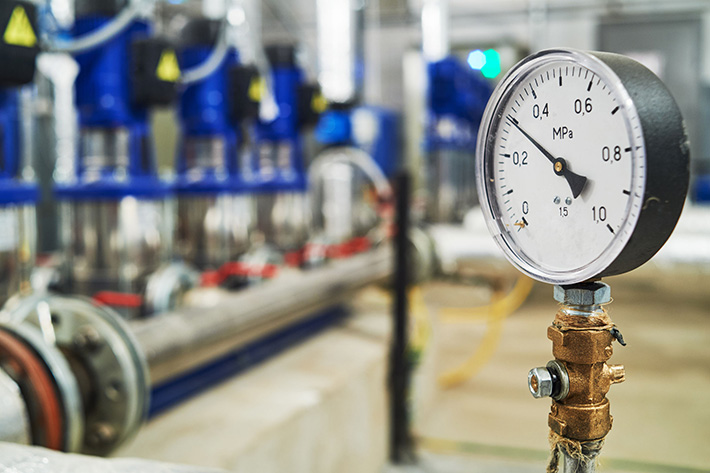Hydraulic equipment is everywhere, and most of us never notice it. For instance, there are numerous types of hydraulic pumps, brakes, and motors on the typical family vehicle. If you own a boat, the hydraulics are helping to steer it. Businesses from construction sites to machine shops are running efficiently, thanks to the hydraulic components on backhoes, bulldozers, and a host of complex machinery in a manufacturing workplace.
With so much of our modern world depending on hydraulic equipment to keep things flowing smoothly, we must inspect and maintain these systems.
Know the signs telling us that something is amiss with them. Disregarding the symptoms of hydraulic issues can result in equipment failure and expensive repairs or even total replacement.
To avoid potentially serious problems, take notice of the following four common signs of hydraulic system trouble: (1) unusual noises, (2) decreased operational speed, (3) high working temperature, and (4) leaks.
Here are the details:
1. Loud or abnormal noises
Peculiar noises coming from your hydraulic systems are often caused by aeration or cavitation. When air contaminates the hydraulic fluid, aeration occurs and degrades it, causing damage to the system’s components.
Cavitation happens when the system’s fluid demand exceeds its supply, leading to the formation of gas bubbles that create vapor cavities. This condition can sometimes be mitigated by slowing the fluid flowing through the system.
Keep in mind that parts of any machinery will wear away and stop performing optimally. Whenever you hear unusually loud noises coming from your hydraulic equipment, it’s almost sure that it will need repair or replacement.
2. Decreased operational speed
If your hydraulic system has slowed down or has longer cycle time, it’s typically an indication that something is wrong. And one of the main culprits for the slowdown is leaks. You are probably aware that flow determines actuator speed and response within the system. So, it follows that a loss of speed often results from a loss of flow.
Flow can escape from a hydraulic circuit when there are leaks—either external or internal. External leakage, such as a ruptured hose, is usually easy to spot and repair. Internal leakage in the pump, actuators, or valves is more challenging to diagnose.
3. High fluid temperatures
Hydraulic systems require a specific level of viscosity to operate correctly. And because the temperature is one of the factors that control viscosity, it needs to remain within limits recommended by the system’s manufacturer. Fluid temperatures above 180 degrees Fahrenheit (82 C) are potentially harmful to the hydraulic system’s operations.
High fluid temperatures will damage the seals and hasten the breaking down of the fluid. If the system is not cooled sufficiently, it will experience excessive strain that could eventually result in premature failure.
Because heat is dispersed through the reservoir, it’s critical to check and maintain the correct fluid levels regularly.
4. Leaks
As mentioned earlier, leaks will have a detrimental effect on your hydraulic system by reducing the system’s pressure, which increases the operating temperature. This increase, in turn, affects the fluid’s viscosity, which reduces the pressure even more.
Once you see liquid on the outside of the pump, the problem has progressed, and you must take action right away since a leak is often a sign of your hydraulic system’s impending doom!
Related Questions
What happens when air gets into a hydraulic system?
Some of the most common effects of air in the system include loss of horsepower, low system fluid, higher temperatures, cavitation (explained above), and spongy control, which means a softer, less stiff response in the system.
How often should you replace hydraulic fluid?
Since hydraulic fluids are an essential ingredient of your system, you must maintain fluid levels and purity within an acceptable range. Check the fluids after the first 100 hours of operation. It’s best to replace them every 1000 hours after that, or as recommended by the manufacturer.
Servo Kinetics is a full-service hydraulic repair, inspection and rebuild facility that delivers the highest quality standards at the lowest possible cost. We’ve been in business for over 45 years and have worked with industries that have very exacting standards and include some of the most tech savvy companies in the world.
Our hydraulic repair services include Vickers classic factory rebuilds, Beach Russ repair, hydraulic field piping services and much more. We also provide reverse engineering services and manufacture new pumps and motors. Call us to learn more about our services and ask about our Special Offers!

